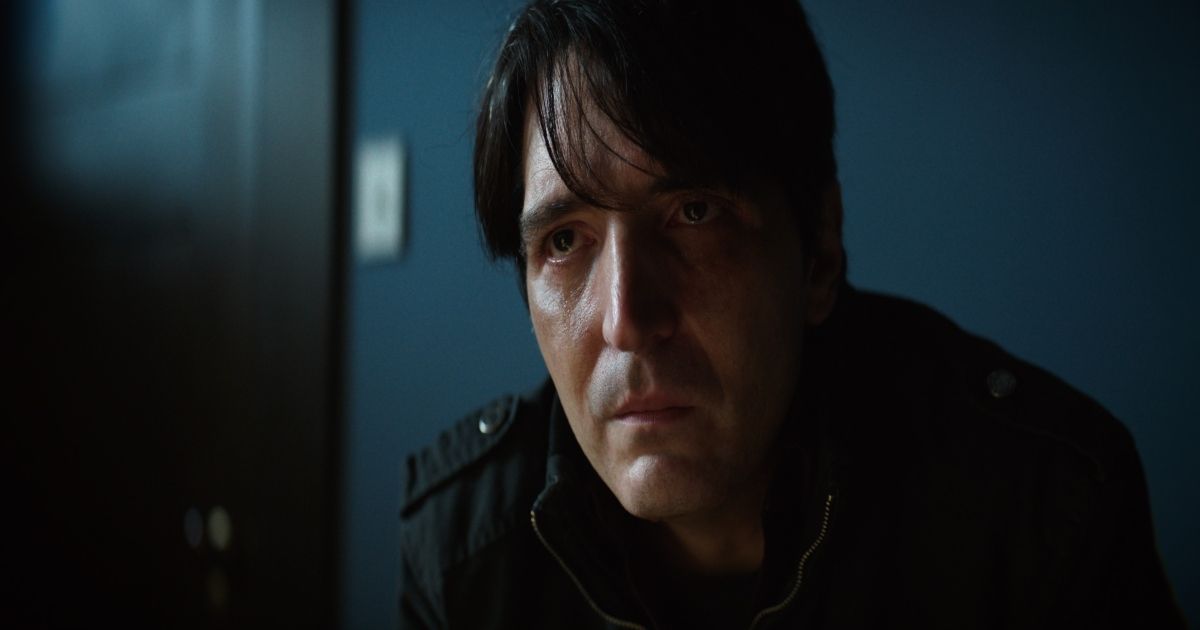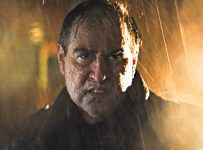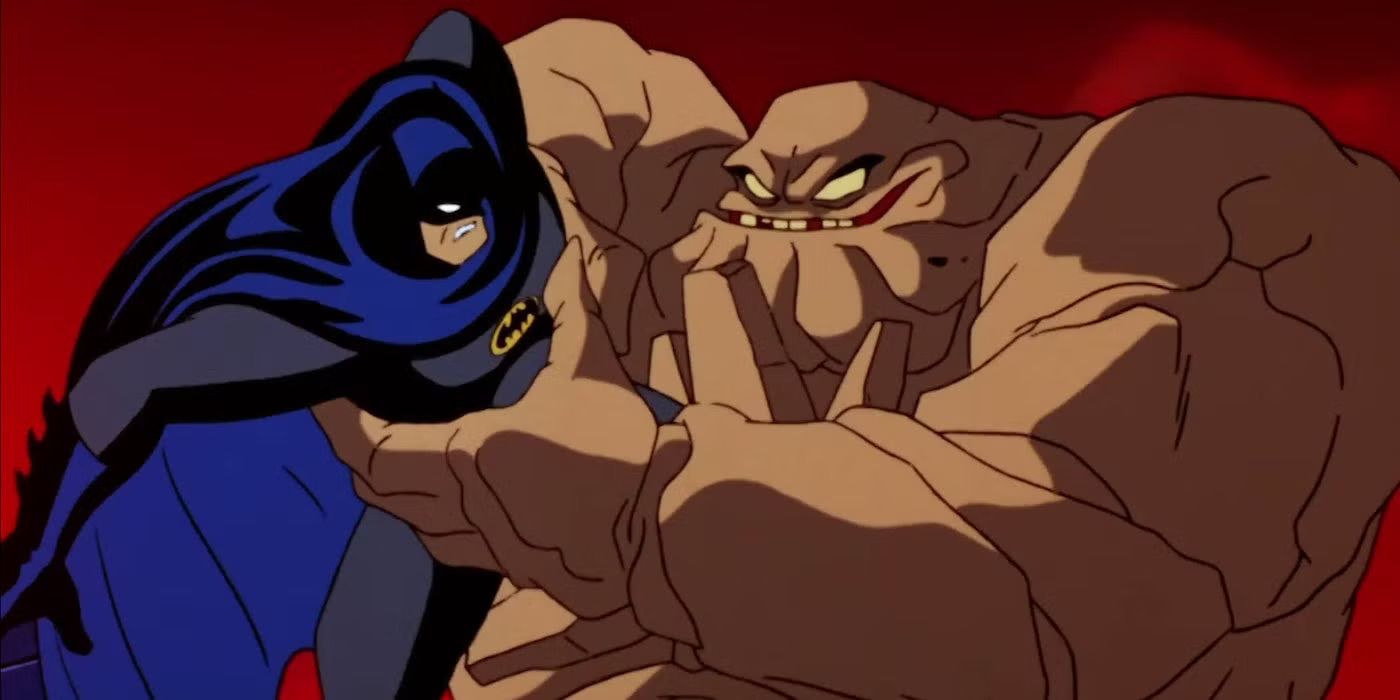For Schrader, French filmmaker Robert Bresson is the inexhaustible fount. He’s one of the three filmmakers treated in his thesis-turned-seminal-film-text Transcendental Style In Film: Breyer, Ozu, Bresson and the one Schrader cribs from almost obsessively. (I’m not saying that like it’s a bad thing, honest.) Schrader calls “The Card Counter” one of his “a man sitting in a room” or “man at a table” films; that man originated with Bresson’s “Diary of a Country Priest.” That priest was a diarist, and his writings were reinforced with the words read aloud in voiceover. Schrader made Travis Bickle a diarist, and specified the same kind of voiceover, which “Taxi Driver” director Martin Scorsese buttressed with some visual cues out of Godard, who was well influenced by Bresson himself.
In “The Card Counter” Isaac’s “William Tell,” who also goes by “Will Tell,” and whose name alludes to both the classic fable and every poker player’s Achilles’ heel (it’s a name he’s given himself) keeps a diary in a composition notebook in which he writes immaculate cursive script. He doesn’t start writing, though, until he’s turned whatever motel room he’s in white, with the help of sheets he puts on the furniture and bed. A touring poker player, Will is a man of discipline. He has much gambling wisdom to impart: “Red and black roulette is the only smart bet.” Because, he goes on, your odds of winning are almost 50 percent. “You win, you walk away. You lose, you walk away.”
Why does Will play? To hold himself together. His memories of the time he spent in Abu Ghraib as a U.S. Army torturer himself make him not want to live—he explicitly recalls that during his time in prison he goaded another inmate in the hope that man would kill him—but live he does anyway. He’s looking for a reason.
He finds two—Haddish’s La Linda, a kind poker tour bankroll rep with whom Will falls in love, and Sheridan’s Cirk (pronounced “Kirk” but spelled with a “C,” he tells everyone on introduction), the son of a military vet who served with Will and whose own guilt compelled him to kill himself. Cirk’s got a bright idea that he offers Will a piece of: to abduct the military contractor who trained the torturers and got off scot-free, and give him some of his own. The three characters are an odd trio, beautifully played. The exuberant Haddish underplays with brilliance, while Sheridan keeps Cirk earnestly appealing in spite of his homicidal intentions.
You can view the original article HERE.





























